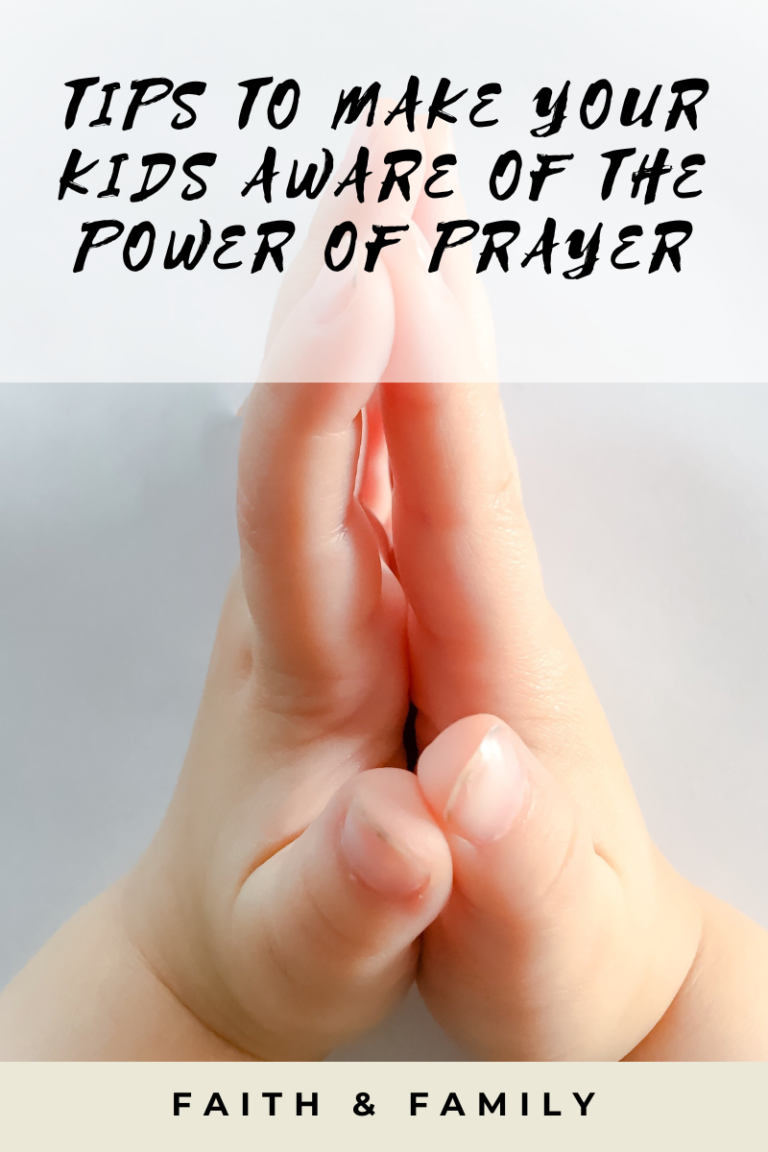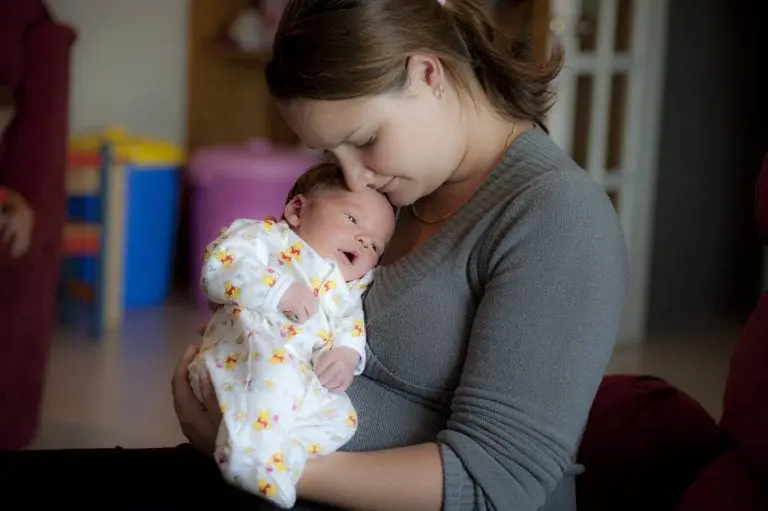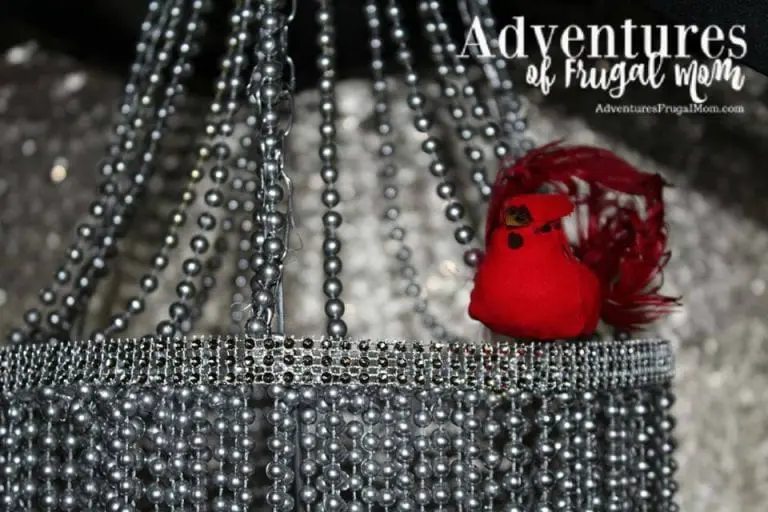The Story Behind the Kindergarten

Friedrich Froebel was born in 1782 in Germany. His mother died when he was nine months old, and his father raised him and his two brothers. Much of the time he spent playing in the gardens around his home. This experience was to later influence the development of the kindergarten. In 1805, Froebel began working as an educator at the Frankfurt Model School which followed the teachings of Johann Pestalozzi. Pestalozzi believed that children should play an active role in their own education. In 1806, Froebel became a private teacher to the three sons of a Frankfurt noble family. The family gave him a small piece of land where he held his teaching sessions with the children.
The First Kindergarten
In 1837, Froebel founded his first school in Bad Blankenburg, which he called the Play and Activity Institute. In 1840, he renamed it the kindergarten, which means a garden for children. This was the first school to cater for children under the age of seven. The common philosophy at this time was that it was pointless educating toddlers who had no capacity to focus and to develop their emotional and cognitive skills.
The Philosophy of the Kindergarten.
Friedrich Froebel introduced the concept of learning through play. He believed that children should be taught through stories, music, drama, and the study of nature. He introduced circle time into his kindergarten to encourage children to learn in groups. Froebel also introduced the use of crafts in learning to engage children’s innate curiosity. These ideas about the early stages of education are still popular today and form the basis of learning at the funded kindergarten in Victoria.
The Educators
Froebel believed that women were best equipped to educate young children. He established a training school for female educators. This idea was revolutionary because teaching at the time was a profession exclusive to men. Froebel believed that children should be allowed to explore whatever interested them and that the role of an educator was to guide them rather than to lecture them.
Opposition to Froebel
Froebel’s ideas met stiff opposition. In 1851, the Prussian government shut down all kindergartens in fear of a socialist revolutionary movement. However, by now other countries had already started to implement Froebel’s teachings. By the end of the 19th century, Germany had reopened its kindergartens.
Froebel’s Legacy
Prior to Froebel, the education of young children was unheard of. But thanks to his ideas, nowadays it is very common for children to go through kindergarten before they start school. Froebel instigated the use of formally trained teachers for the children in his kindergarten at a time when anyone with a modicum of education could take on the role of a teacher. Froebel also developed a teacher training curriculum for kindergarten that emphasized the development of activities to cater for children’s abilities and readiness to learn. This curriculum is still a source of reference for kindergartens today. France and England established free kindergartens for poor children in the early 1900s. Nowadays, kindergartens are found all around the world.







